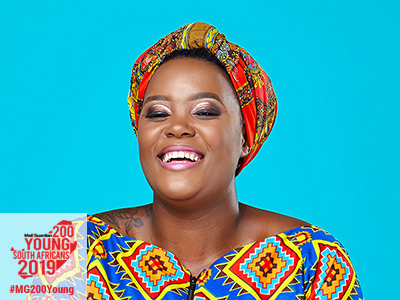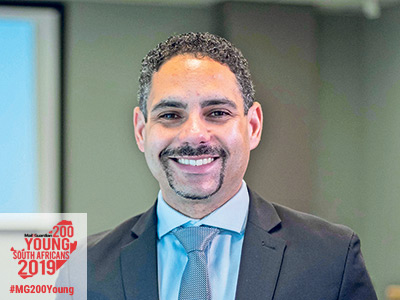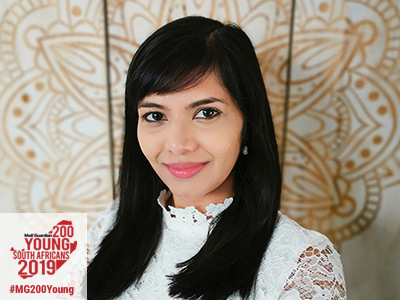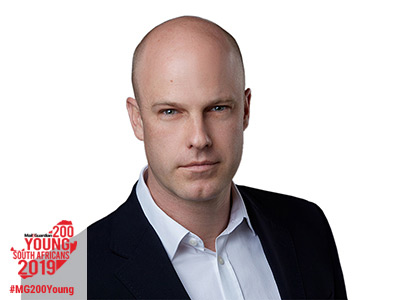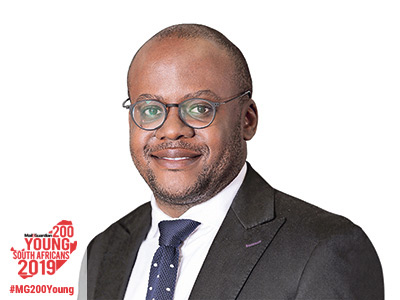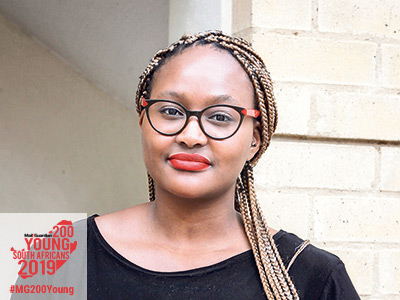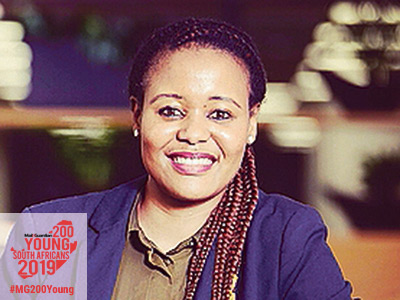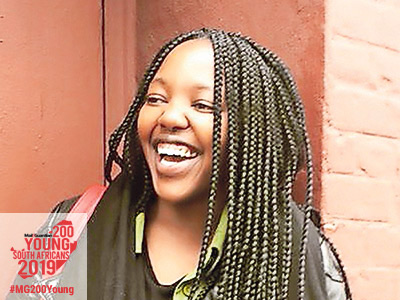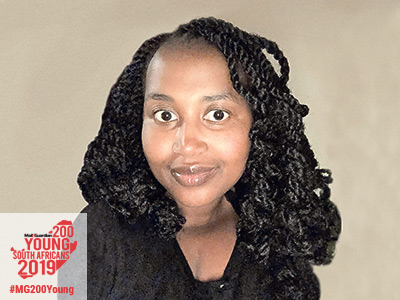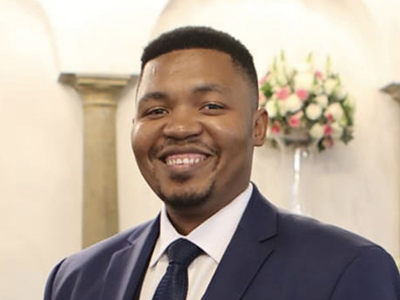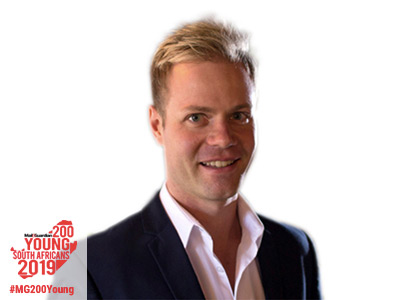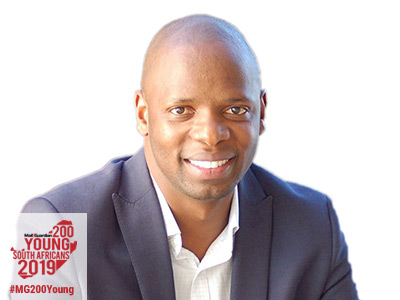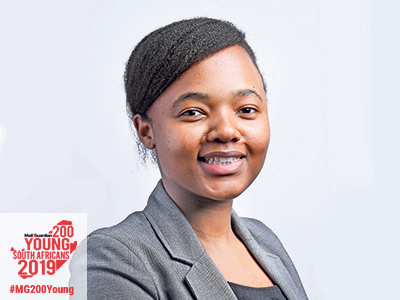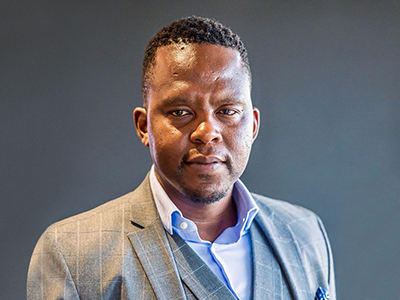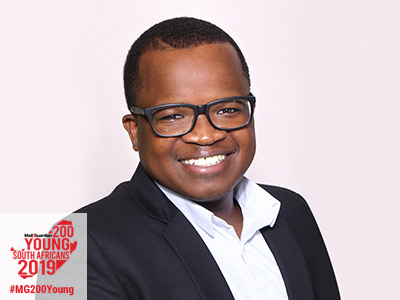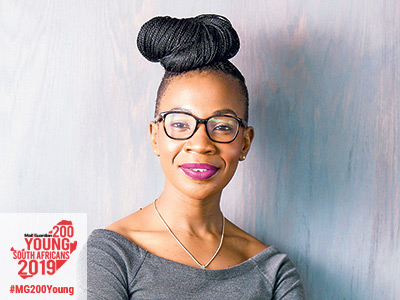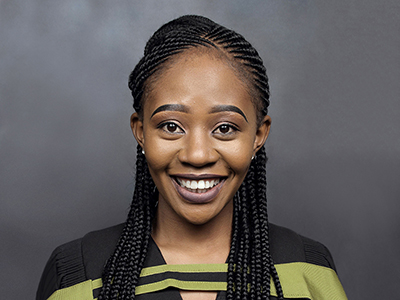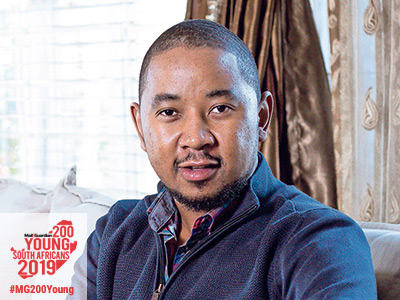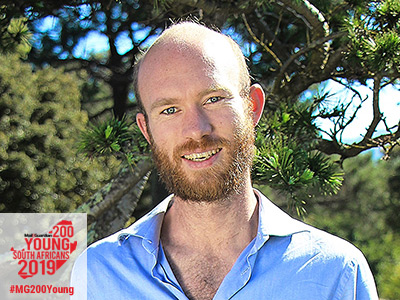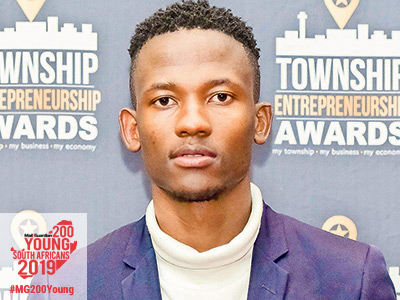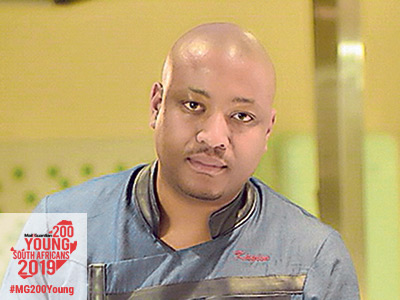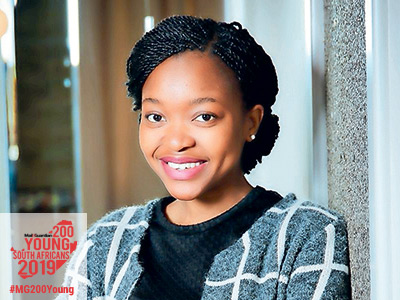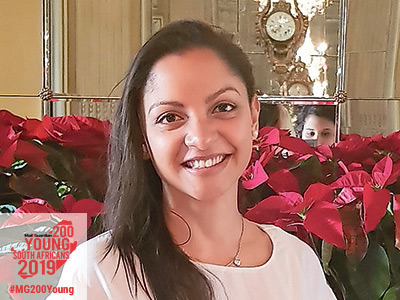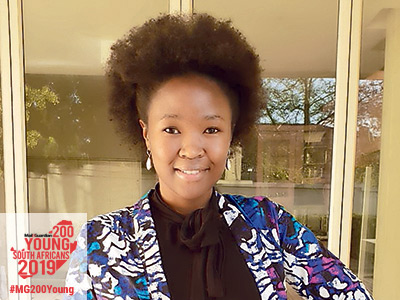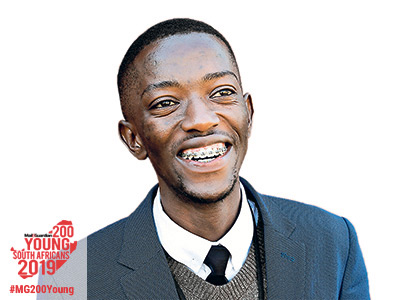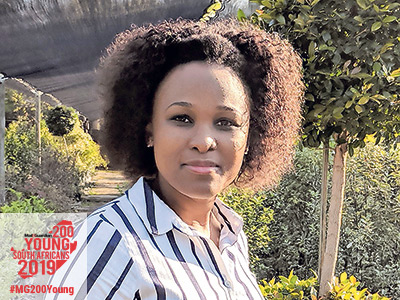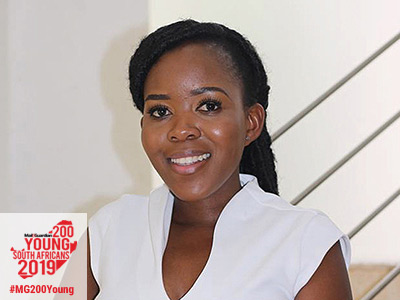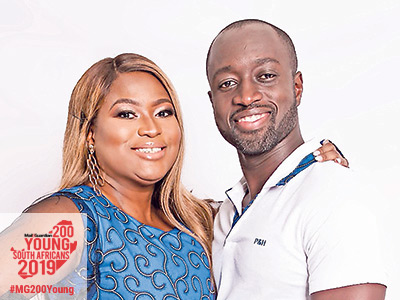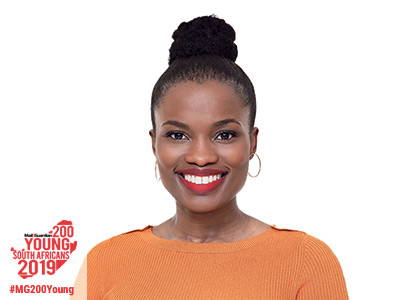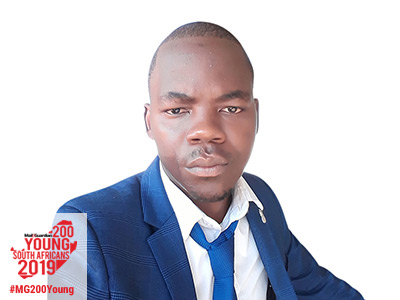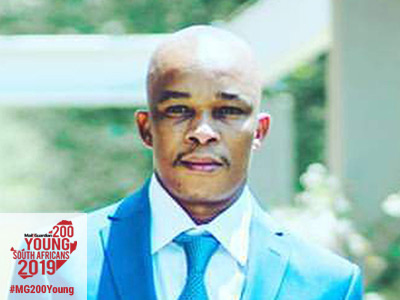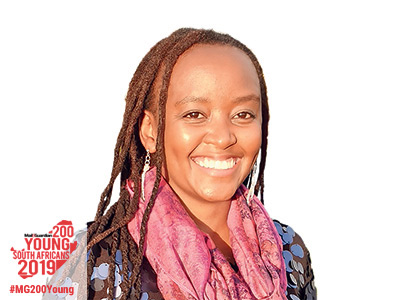At 25, Smangele Sibisi opened a business that she knew was needed: her own natural hair salon. Three months Iater, she had 10 employees, and the warm reception from her customers gave her the motivation she needed to press on with her business journey — although it wasn’t always easy. “What I didn’t expect about entrepreneurship is that you never rest,” she reflects now. “You’re forever on the hustle to keep your business up there with the rest.”
And “up there with the rest” she is, having established her second branch in 2018 and finding her business ranked in the top three natural hair salons in South Africa.
“This year my brand Indalo Nubian Naturals is turning three years old and employs 23 young people,” she’s proud to say. “This has helped me learn the importance of helping one another, since we have a high rate of unemployed youth.” The very practical aspiration of creating jobs goes hand-in-hand with her larger goal of creating a more inclusive hair industry that provides an excellent standard of care for natural hair in South Africa. Helping her clients to embrace their natural hair and access a knowledgeable, caring salon experience is important to her.
Next on the agenda? Starting a natural hair academy to spread this knowledge further, and opening up an industry for young professionals with the talent and passion for styling natural hair.
“I’m still preparing, gathering information and registering with Seta [Skills Education Training Authorities], but I’m excited about the journey,” she says. After all, she’s adept at making things happen through her own perseverance. Speaking of her proudest moment so far, she says, “When I opened my second salon, it took a lot of strength from preparing the space to financing it out my pocket and savings to launching it.” But it was the dream that she’d held in mind for a long time, and she was able to make it come true, so when her natural hair academy is up and running she’ll no doubt be having another gratifying “I can’t believe I did that” moment.
— Cayleigh Bright
Instagram: @indalonubiannaturals
